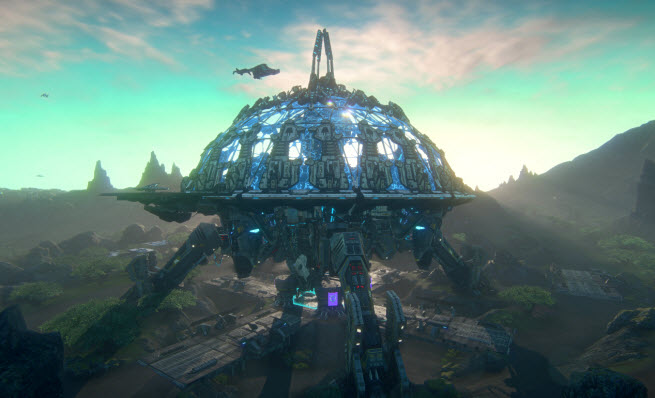
PlanetSide 2 is off to a smashing start just a few weeks after launch. Sony Online Entertainment president John Smedley (pictured below) said in an interview with GamesBeat that the free-to-play sci-fi shooting game has drawn a huge audience since its debut in North America and Europe on Nov. 20. It’s already the highest microtransaction-grossing game in the history of Sony Online Entertainment, which offers a number of other free-to-play massively multiplayer online games.
![]()

![]()